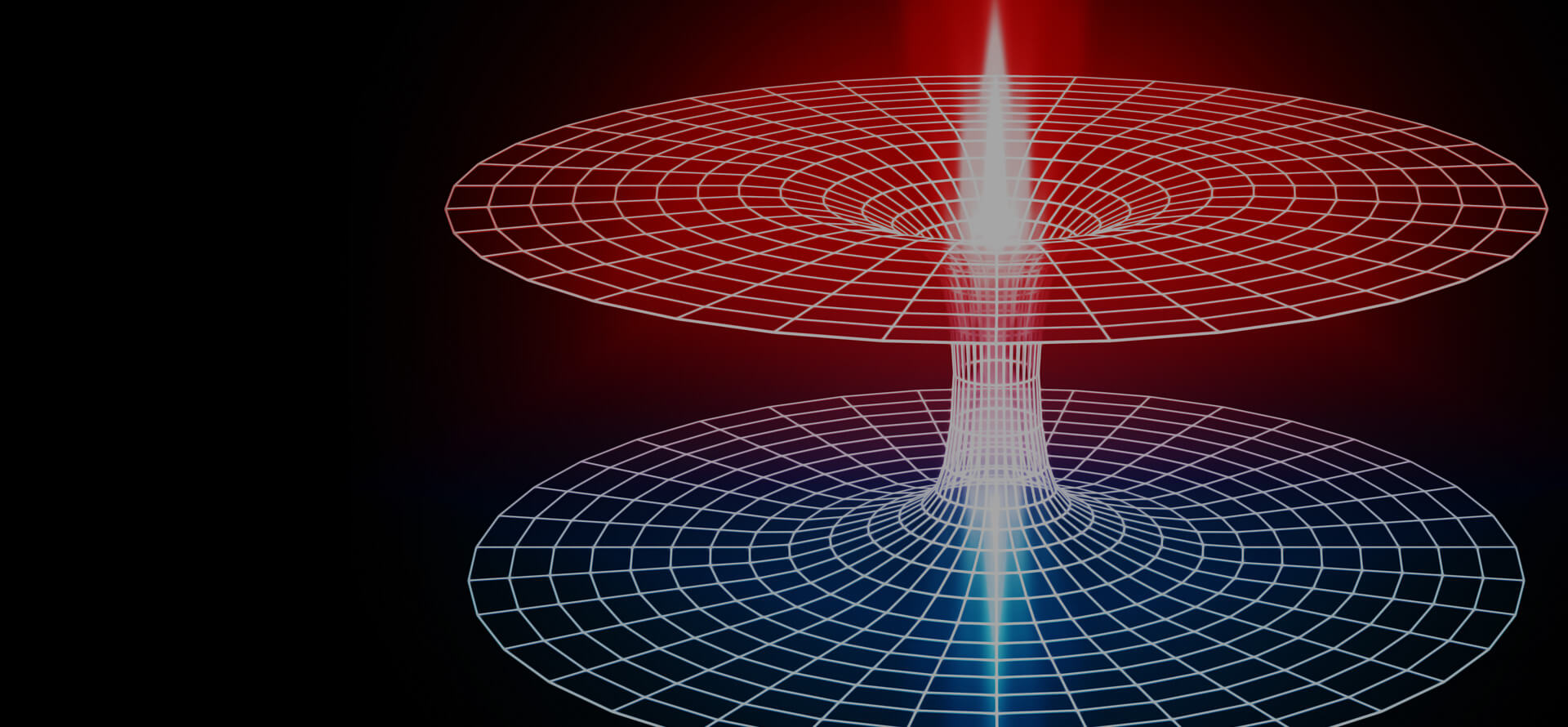“GAZETTE: Looking ahead, what do you see as the biggest opportunities, the biggest challenges?
BACOW: … The intellectual opportunities are also great. We are creating new tools which allow us to answer questions people have never been able to answer in the history of mankind. Whether we’re talking about CRISPR technology, which allows us to edit genes in ways that we’ve never had the capacity to do, or whether we’re talking about LIGO — Laser Interferometer Gravitational-Wave Observatory — how ’s that one [laughter]? Actually, I learned about LIGO over 20 years ago when it was first proposed by my MIT colleague Rai Weiss. Rai won the Nobel Prize this past year for the success of LIGO in establishing the existence of gravitational waves, which had been hypothesized by Einstein but never proven. What’s really, really exciting, though, is that now we have the capacity to combine this new observational tool, LIGO, which can detect gravitational waves, with a new generation of telescopes that help us see what’s happening in the universe, and with new radio telescopes that allow us to understand different parts of the non-visible spectrum. By combining these tools, we are now able to understand and explain cosmic events in new ways, so it’s a very, very exciting time in physics.”
For full article please see Harvard Gazette interview


